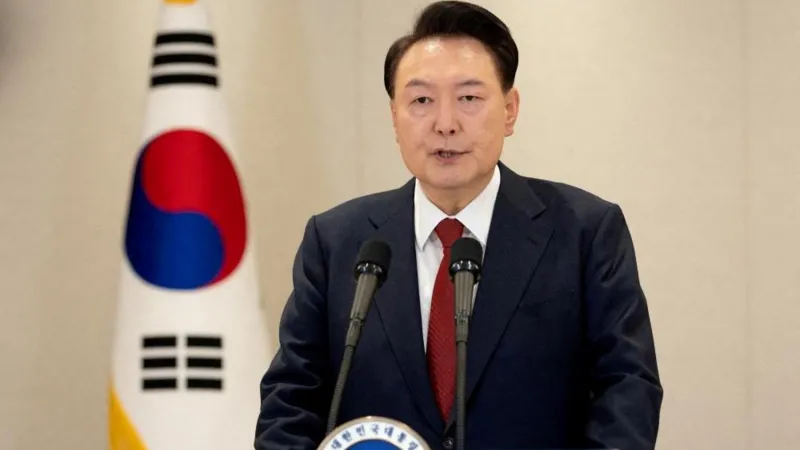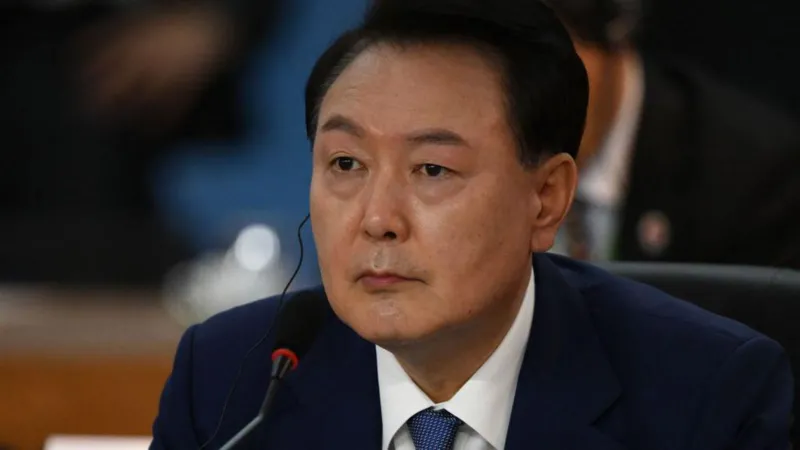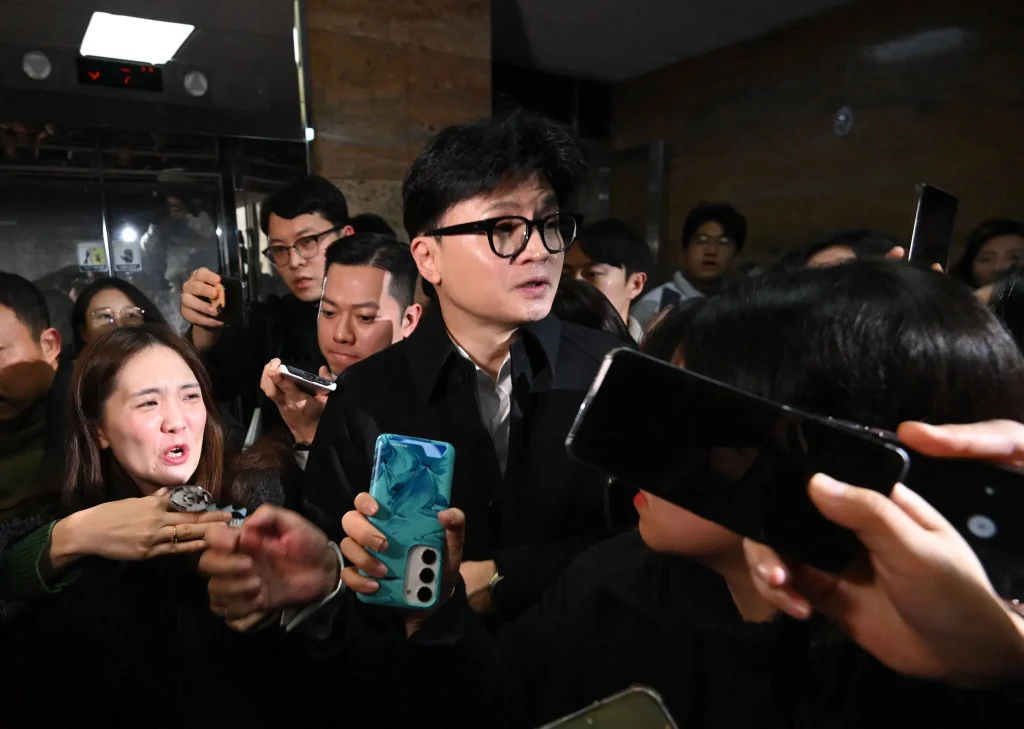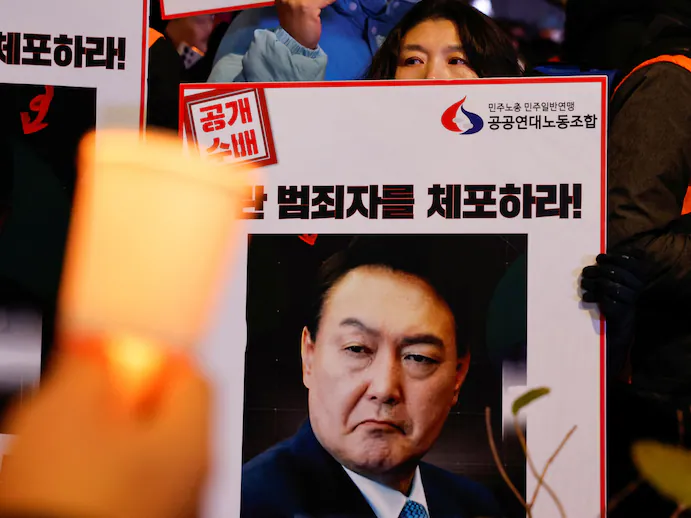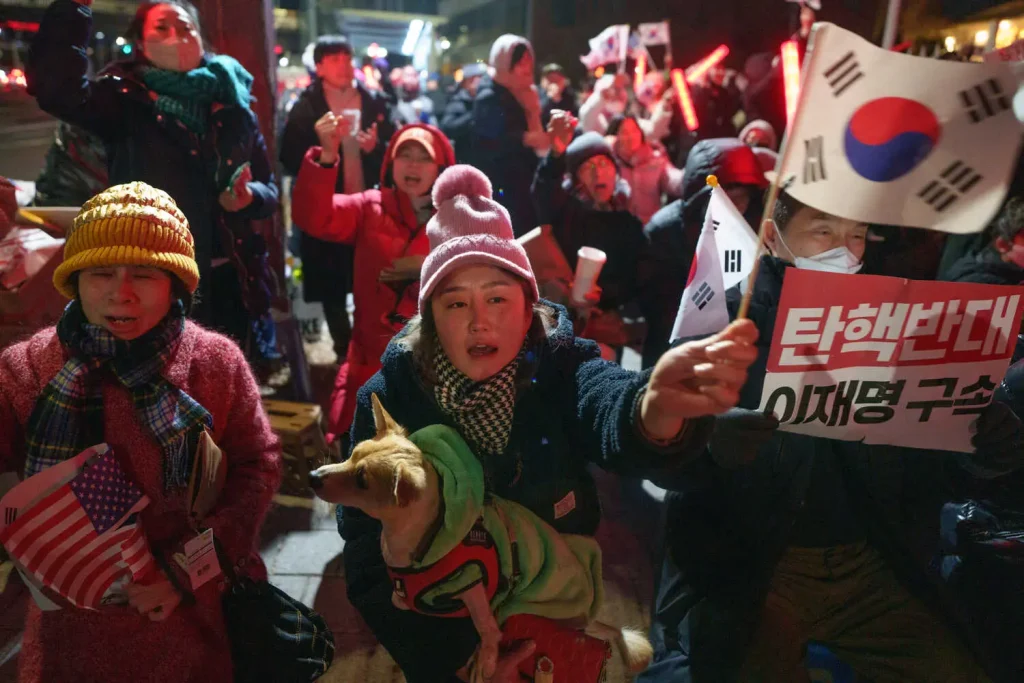Acting Leader of South Korea Accepts Resignation of Presidential Security Chief
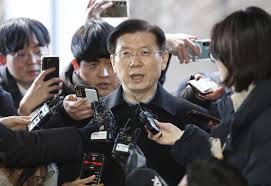
Seoul, January 10, 2025
In a significant move amid ongoing security concerns, South Korea’s acting president has formally accepted the resignation of the presidential security chief, Kim Ki-hyun. The decision follows a series of incidents that have raised questions about the effectiveness of the country’s presidential security apparatus.
The resignation comes after a high-profile security breach at the Blue House, South Korea’s presidential palace, which occurred earlier this week. The breach involved unauthorized access to restricted areas, raising alarms about vulnerabilities in the nation’s top security protocols.
Acting President Jeong Se-kyun, who assumed temporary leadership following President Yoon Suk-yeol’s temporary absence for health reasons, met with Kim Ki-hyun before formally accepting his resignation. In a statement released by the presidential office, Jeong expressed regret over the resignation but acknowledged that such decisions were necessary for restoring public confidence in the security services.
Security Breach Sparks National Debate
The security breach at the Blue House was a highly publicized incident, with reports suggesting that unauthorized personnel had gained access to sensitive areas that were supposed to be highly secured. While the exact nature of the breach remains under investigation, security experts have raised concerns about the preparedness and coordination of South Korea’s security forces.
The incident has become a flashpoint for critics of the current administration’s handling of national security, with some calling for a complete overhaul of the security services tasked with protecting the country’s top officials.
Resignation Reflects Growing Pressure on Leadership
Kim Ki-hyun, who had held the position of presidential security chief for the past two years, faced mounting pressure after the incident. Despite efforts to downplay the severity of the breach, opposition lawmakers and public officials questioned the competence of those in charge of protecting the nation’s leadership.
The resignation of Kim is seen as a response to this mounting pressure, as well as a move to restore public trust. In his resignation letter, Kim acknowledged that the recent events “underscored the critical need for reform and improvement within the presidential security team” and took full responsibility for the lapses in security.
Political Reactions and Future Security Measures
South Korean political figures have reacted sharply to the resignation. The opposition Democratic Party called for a comprehensive investigation into the breach and demanded that those responsible for security failures be held accountable. “This breach is a symptom of larger issues with the current government’s handling of security and defense,” said a spokesperson for the opposition party. “We need to ensure that the leadership is safe from any threat.”
Meanwhile, senior officials in the ruling People Power Party have called the resignation a necessary step in the ongoing efforts to enhance national security. “This decision demonstrates accountability and the commitment to ensuring the safety of our leadership,” said one senior official.
Looking ahead, the government has vowed to implement a series of reforms in the security apparatus. Acting President Jeong Se-kyun assured the public that the new security chief would be selected after a thorough review process, aimed at restoring the integrity and reliability of South Korea’s presidential protection system.
Furthermore, experts predict that the government will introduce stricter protocols and enhanced surveillance measures at high-security locations to prevent any future incidents. A task force is expected to be established to conduct a full review of the security breach and make recommendations for improvement.
Impact on President Yoon Suk-yeol’s Leadership
While the resignation and subsequent security review are important steps in addressing the breach, the incident has also had wider implications for President Yoon Suk-yeol’s administration. Yoon, who is currently recuperating from an undisclosed health issue, faces increasing scrutiny over the effectiveness of his government’s management of security affairs.
Political analysts suggest that this episode could weaken the president’s position in the eyes of the public, especially as the country prepares for upcoming elections. With national security being a top priority for voters, this security failure could have significant ramifications for the ruling party’s performance in the next election cycle.
Conclusion
South Korea’s acting president has accepted the resignation of the presidential security chief, signaling a shift in leadership within the security apparatus. This decision follows a high-profile security breach at the Blue House, which has prompted widespread concern about the effectiveness of the country’s protection services. Moving forward, the government is expected to implement reforms to bolster the security of its leadership, while also facing increased political scrutiny over its handling of the crisis.
As investigations continue, the incident underscores the crucial importance of safeguarding the nation’s top officials, and the political ramifications of any perceived failure to do so will likely continue to resonate across South Korea’s political landscape.


